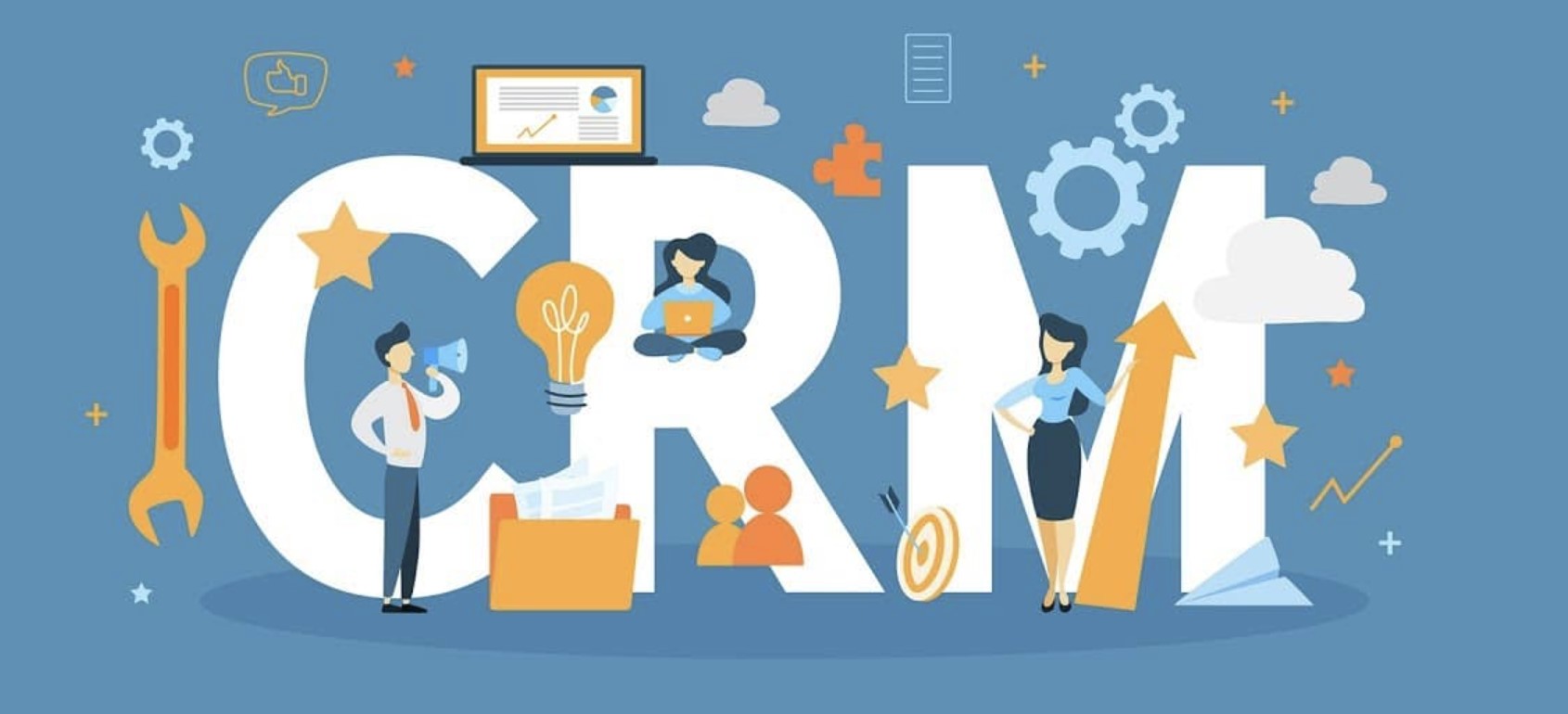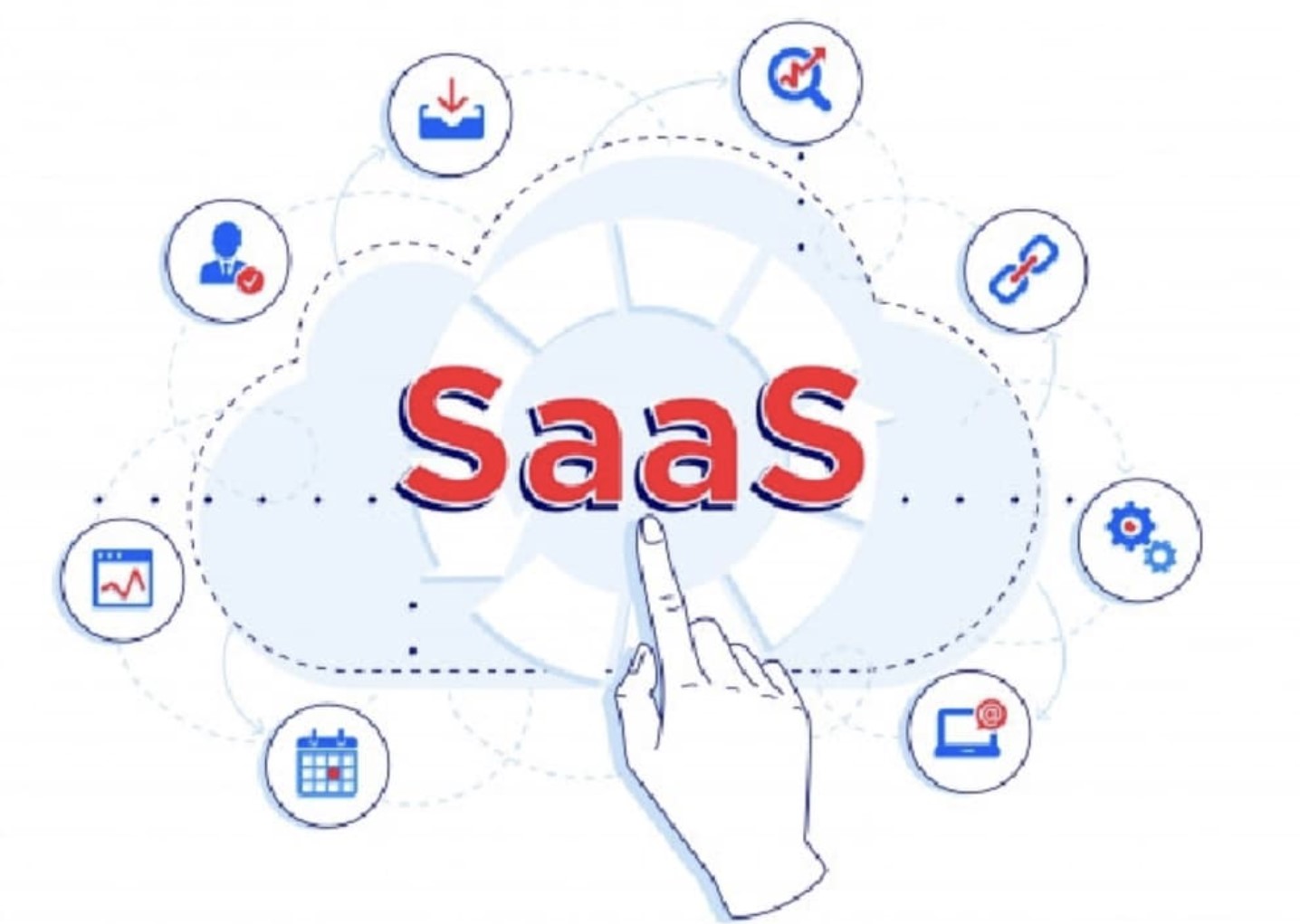In today’s rapidly evolving business landscape, companies are constantly seeking ways to enhance operational efficiency and streamline processes to stay competitive. One powerful tool that has revolutionized the way businesses manage their relationships with customers is Customer Relationship Management (CRM) software.

Introduction to CRM
CRM, at its core, is a technology-driven strategy for managing a company’s interactions with current and potential customers. It involves utilizing data analysis about customers’ history with a company to improve business relationships, specifically focusing on customer retention and ultimately driving sales growth Customer Relationship Management (CRM) is a strategic approach used by businesses to manage interactions and relationships with both current and potential customers. It involves leveraging technology to gather and analyze data about customers’ interactions with the company across various touchpoints. The primary goal of CRM is to improve customer satisfaction, retention, and ultimately, drive sales growth.
Key Components of CRM
The primary components of CRM include customer data management, sales automation, marketing automation, and customer service and support. These components work together to provide a comprehensive view of each customer and facilitate efficient communication and collaboration across departments In simpler terms, CRM is like a central hub where businesses can store and access valuable information about their customers, such as contact details, purchase history, preferences, and interactions. This information helps businesses understand their customers better, anticipate their needs, and tailor products or services to meet those needs effectively. CRM encompasses a range of activities and processes, including customer data management, sales automation, marketing automation, and customer service and support. By implementing a CRM system, businesses can streamline their operations, improve communication and collaboration across departments, and ultimately, deliver better experiences for their customers.
Benefits of Leveraging CRM
The benefits of leveraging CRM are manifold. Firstly, it leads to enhanced customer relationships by enabling businesses to better understand and anticipate customer needs. Secondly, it improves efficiency and productivity by automating repetitive tasks and providing sales teams with valuable insights into customer behavior. Thirdly, it facilitates data-driven decision-making, allowing businesses to identify trends and opportunities for growth. Lastly, it enables personalized customer experiences by tailoring interactions based on individual preferences and past interactions Leveraging CRM enables businesses to build stronger and more meaningful relationships with their customers. By centralizing customer data and interactions, businesses gain a comprehensive understanding of each customer’s preferences, purchase history, and communication preferences. This allows businesses to personalize interactions, anticipate needs, and provide tailored solutions, leading to increased customer satisfaction and loyalty.
Strategies for Optimal Efficiency with CRM
To leverage CRM for optimal efficiency, businesses should focus on several key strategies. Firstly, they should prioritize data organization and management to ensure accurate and up-to-date information. Secondly, they should automate repetitive tasks such as data entry and email follow-ups to free up time for more strategic activities. Thirdly, they should integrate CRM with other business systems such as ERP and marketing automation platforms to streamline workflows and improve data accuracy. Lastly, they should invest in continuous training and education to ensure that employees are proficient in using the CRM system to its full potential.
Case Studies Illustrating CRM Efficiency
Several companies have successfully leveraged CRM to improve efficiency and drive business results. For example, Company A saw a significant increase in sales conversion rates after implementing CRM, thanks to better targeting and personalized communication with customers. Company B achieved higher customer satisfaction scores by providing timely and relevant support through CRM-powered service channels. Company C streamlined its marketing campaigns and improved ROI by leveraging CRM data to segment and target audiences more effectively Company A, a retail e-commerce business, implemented a CRM system to improve its sales processes and enhance customer relationships. By centralizing customer data and implementing automated follow-up processes, the sales team was able to target leads more effectively and provide personalized communication based on customer preferences and past interactions. As a result, Company A saw a significant increase in sales conversion rates, with more leads being converted into paying customers.
Challenges and Solutions in CRM Implementation
While the benefits of CRM are clear, implementing a CRM system can pose challenges for businesses. Common challenges include resistance to change from employees, concerns about data security and privacy, lack of user adoption, and the difficulty of choosing the right CRM solution for specific business needs. However, these challenges can be overcome through effective change management, robust security measures, comprehensive training programs, and careful evaluation of CRM options One of the primary challenges in CRM implementation is resistance to change from employees who are accustomed to existing processes or reluctant to adopt new technologies CRM provides businesses with valuable insights into customer behavior, preferences, and buying patterns through advanced analytics and reporting capabilities. By analyzing CRM data, businesses can identify trends, predict future behavior, and uncover opportunities for growth. This data-driven approach enables businesses to make informed decisions, optimize marketing strategies, and allocate resources more effectively, ultimately driving better business outcomes.
Future Trends in CRM for Efficiency
Looking ahead, several trends are shaping the future of CRM for optimal efficiency. Artificial intelligence and predictive analytics are increasingly being integrated into CRM systems to provide insights into customer behavior and automate decision-making processes. Omnichannel customer engagement is becoming more prevalent, allowing businesses to interact with customers seamlessly across multiple channels. Integration with Internet of Things (IoT) devices is enabling real-time data collection and analysis, while enhanced mobile capabilities are empowering sales teams to access CRM data anytime, anywhere Another challenge is concerns about data security and privacy, particularly with the increasing amount of sensitive customer information stored in CRM systems CRM streamlines business processes and automates repetitive tasks, resulting in improved efficiency and productivity. By eliminating manual data entry, streamlining communication channels, and automating routine tasks such as email follow-ups and appointment scheduling, employees can focus on more strategic activities that drive business growth. Additionally, CRM provides real-time access to critical information, enabling faster decision-making and reducing turnaround times.
Conclusion
In conclusion, CRM is a powerful tool for enhancing efficiency and driving business growth by improving customer relationships, streamlining processes, and enabling data-driven decision-making. By leveraging CRM effectively and embracing emerging trends, businesses can stay ahead of the competition and deliver exceptional experiences to their customers.



